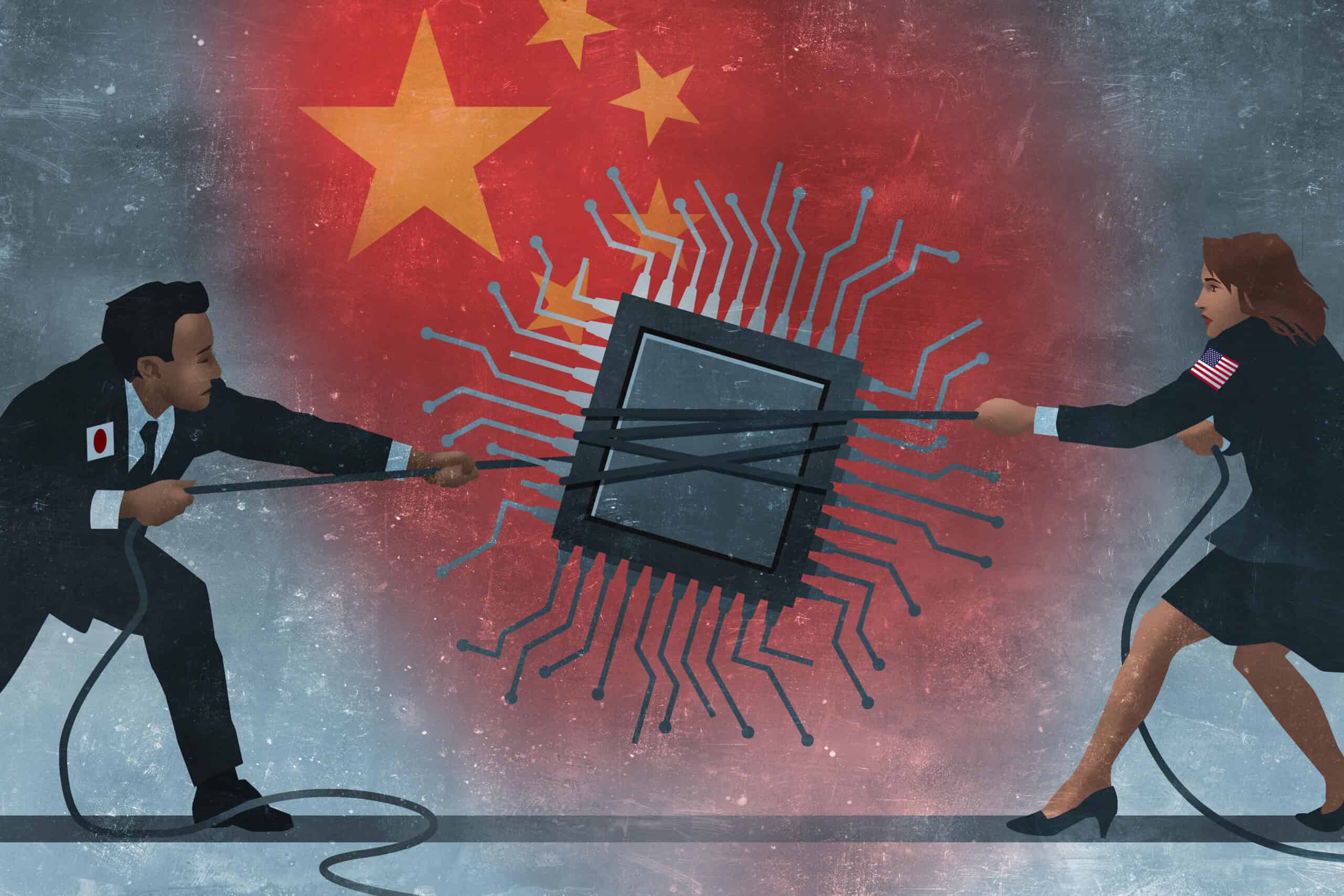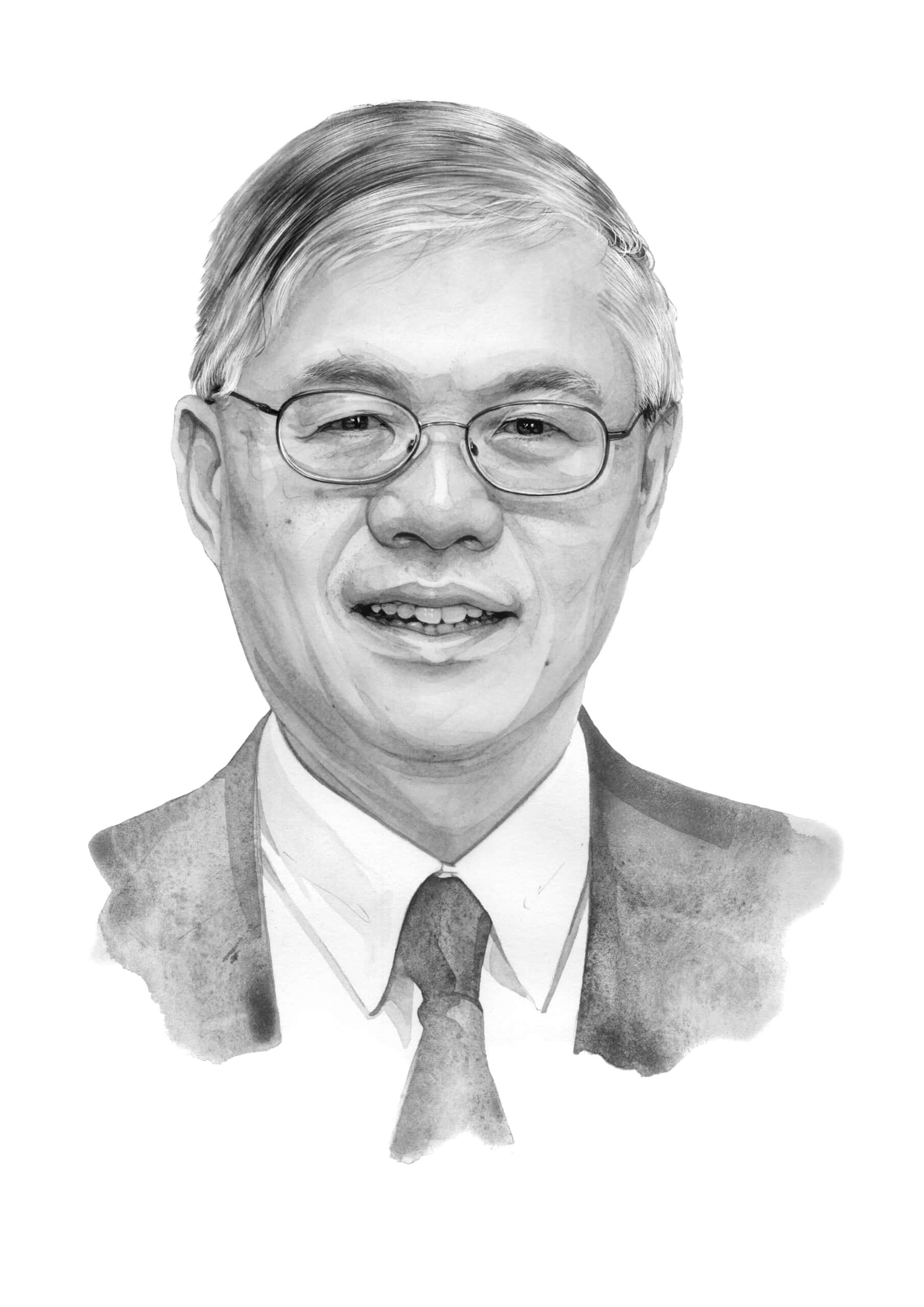R. Nicholas (“Nick”) Burns, the U.S. ambassador to China, is one of America’s leading diplomats. He has held important posts dating back to the Clinton administration when he was the State Department spokesman. He started his posting as NATO ambassador in August 2001, just a month before the 9/11 terrorist attacks, which would tax NATO in ways it hadn’t been since its inception. For the first time, NATO invoked its Article 5, which calls for countries to come to the aid of a member under
Navigate China's Business Landscape with Confidence.
- Gain visibility into supplier risks
- Easily manage trade compliance
- Conduct in-depth due diligence



